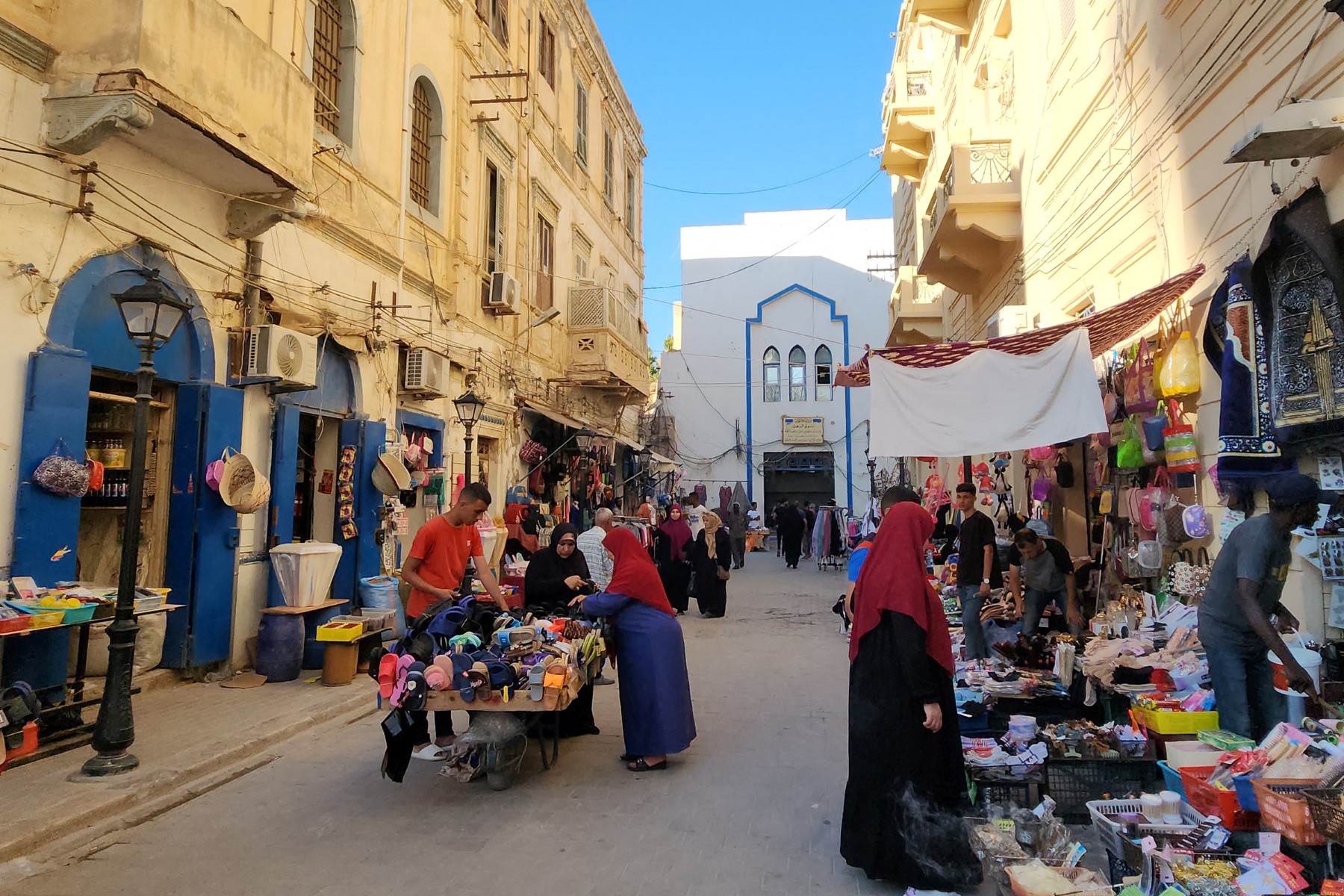Tripoli, Libya–Libya ordered the “immediate” closure of its main border crossing with Tunisia on Tuesday following clashes between armed groups and security forces on the Libyan side, the interior ministry said.
The border post in the desert area of Ras Jedir about 170 kilometres (105 miles) from the Libyan capital Tripoli, is the main crossing point between the two North African countries.
Libya’s interior ministry said in a statement that it ordered the closure of the post “after outlaw groups attacked the post in order to create chaos”.
It said the groups are involved in smuggling activities, which “they consider to be their right”.
The closure of the border crossing aims to “establish security arrangements to restore the post’s work” and ensure it functions “under the authority and legitimacy of the state”.
According to local media, armed clashes broke out on Monday night between armed groups who control Ras Jedir and security forces sent by Tripoli.
On Monday, Libyan Interior Minister Imad Trabelsi had directed the “law enforcement department” from the ministry to intervene at Ras Jedir to “combat smuggling and security violations” and facilitate travel.
Groups from cities in the border area have for years controlled Ras Jedir, benefitting from the lucrative parallel border trade.
Thousands of Tunisian families in the south also make a living from the trade.
Its closure halts the transport of goods in both directions, as well as the movement of many Tunisians working in Libya, and Libyans seeking medical treatment in Tunisia.
Libya is still struggling to recover from years of war that followed the overthrow and death of longtime dictator Moamer Kadhafi in 2011.
The country’s rule is split between rival administrations — Tripoli in the west and Benghazi in the east.








